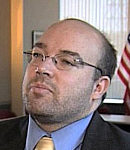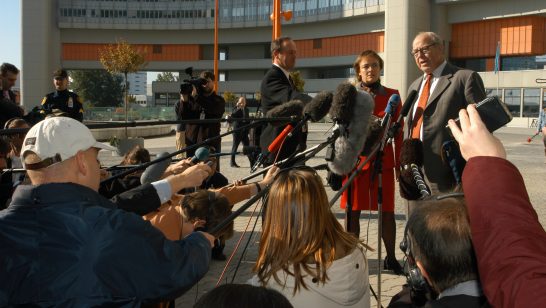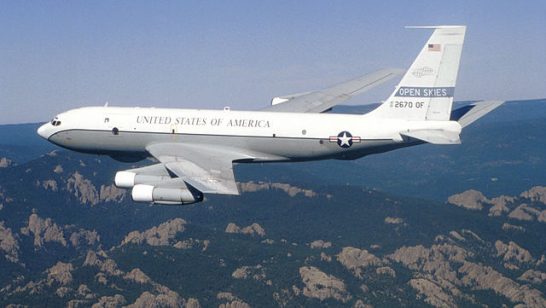
Ahead of the G20 Summit in Brisbane, the European Leadership Network has invited experts to offer their perpsectives on the position of Vladimir Putin in the international community.
Putin in Brisbane: Down Under but Not Out
William Pomeranz – Deputy Director, Kennan Institute for Advanced Russian Studies, Woodrow Wilson Center
“President Vladimir Putin already expects a rough reception when he arrives in Australia for the upcoming G20 meeting. In October, Australian Prime Minister Tony Abbott announced his intention to “shirt-front” Putin over the downing of the MH 17 airliner in Ukraine. This colorful Australian-rules football expression describes an aggressive physical challenge that, to put it mildly, does not correspond with the normal diplomatic protocols for welcoming a foreign head of state.
The Ukraine crisis is not on the official G20 agenda, but it will hover over the meeting as most of the major players – Putin, President Obama, Chancellor Merkel – plan to attend. Putin no doubt will use the gathering to promote his multipolar world view, but while he will find some sympathetic ears, he is unlikely to gain any direct support for Russia’s actions in Ukraine. Instead, in light of sanctions and other economic setbacks, Putin faces the new challenge of keeping pace with the G20 development agenda.”
Read William Pomeranz’s full commentary here.
Will Putin find allies in Brisbane?
Nikolas Gvosdev – Professor of national security studies at the U.S. Naval War College
“For the past nine months, the consistent message delivered from every Western capital is that “the international community” condemns Russia for its actions in Ukraine – especially its support for armed separatists – and that Vladimir Putin risks global isolation should he fail to desist from continuing to interfere in the affairs of his neighbour. The United States and the leading European states reinforced that message earlier this year by declining to attend a Group of Eight summit in Sochi, instead recreating the original Group of Seven, and by imposing a series of sanctions on leading Russian companies and individuals severely restricting access to Western capital, markets and technology. Yet several of the G-7 members, including Japan, were more hesitant in moving to impose strict sanctions against Moscow. Other major global economies–especially those of the rising powers of the Global South–among them China, India, Brazil and South Africa–outright refused the calls made by U.S. Secretary of State John Kerry and European foreign ministers to enact similar punitive measures against Moscow.”
Read Nikolas Gvosdev’s full commentary here.
The opinions articulated above represent the views of the author(s), and do not necessarily reflect the position of the European Leadership Network or any of its members. The ELN’s aim is to encourage debates that will help develop Europe’s capacity to address the pressing foreign, defence, and security challenges of our time.




